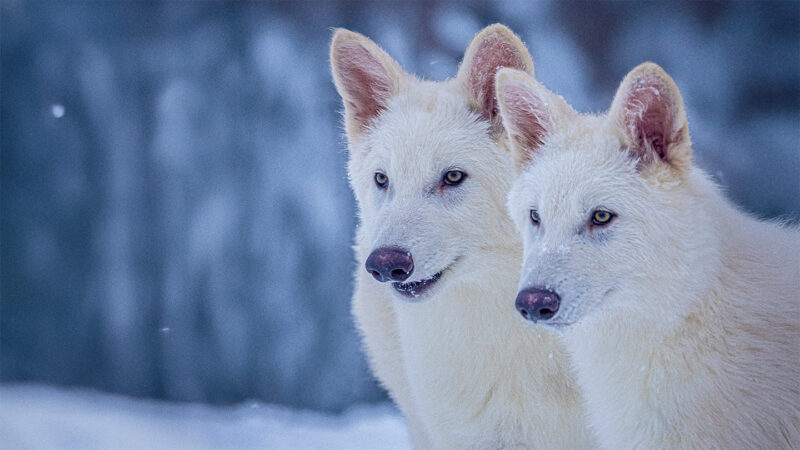
biologist: A scientist involved in the study of living things.
biotech: Short for biotechnology, which is the use of living cells to make useful things.
cell: (in biology) The smallest structural and functional unit of an organism. Typically too small to see with the unaided eye, it consists of a watery fluid surrounded by a membrane or wall. Depending on their size, animals are made of anywhere from thousands to trillions of cells.
climate change: Long-term, significant change in the climate of Earth. It can happen naturally or in response to human activities, including the burning of fossil fuels and clearing of forests.
clone: An exact copy (or what seems to be an exact copy) of some physical object. (in biology) An organism that has exactly the same genes as another, like identical twins. Often a clone, particularly among plants, has been created using the cell of an existing organism. Clone also is the term for making offspring that are genetically identical to some “parent” organism. (v.) To make an exact copy of some physical object.
core: The central or innermost part of something. (in geology) Earth’s innermost layer.
dire wolf: An ancient species (Canis dirus) that first showed up in North America around 300,000 years ago. It survived until about 12,000 years ago. Fossils show it would have weighed up to 67 kilograms (148 pounds) and sported a body that would have spanned up to 1.8 meters (6 feet) from snout to tail tip. It ate a varied diet that could have included big prey such as horses, although bison, camels, mastodons and sloths also were eaten (probably when taken down by a pack of these wolves).
diversity: (in biology) A range of different life forms or a range of traits within the population of some species.
DNA: (short for deoxyribonucleic acid) A long, double-stranded and spiral-shaped molecule inside most living cells that carries genetic instructions. It is built on a backbone of phosphorus, oxygen, and…
Read the full article here
